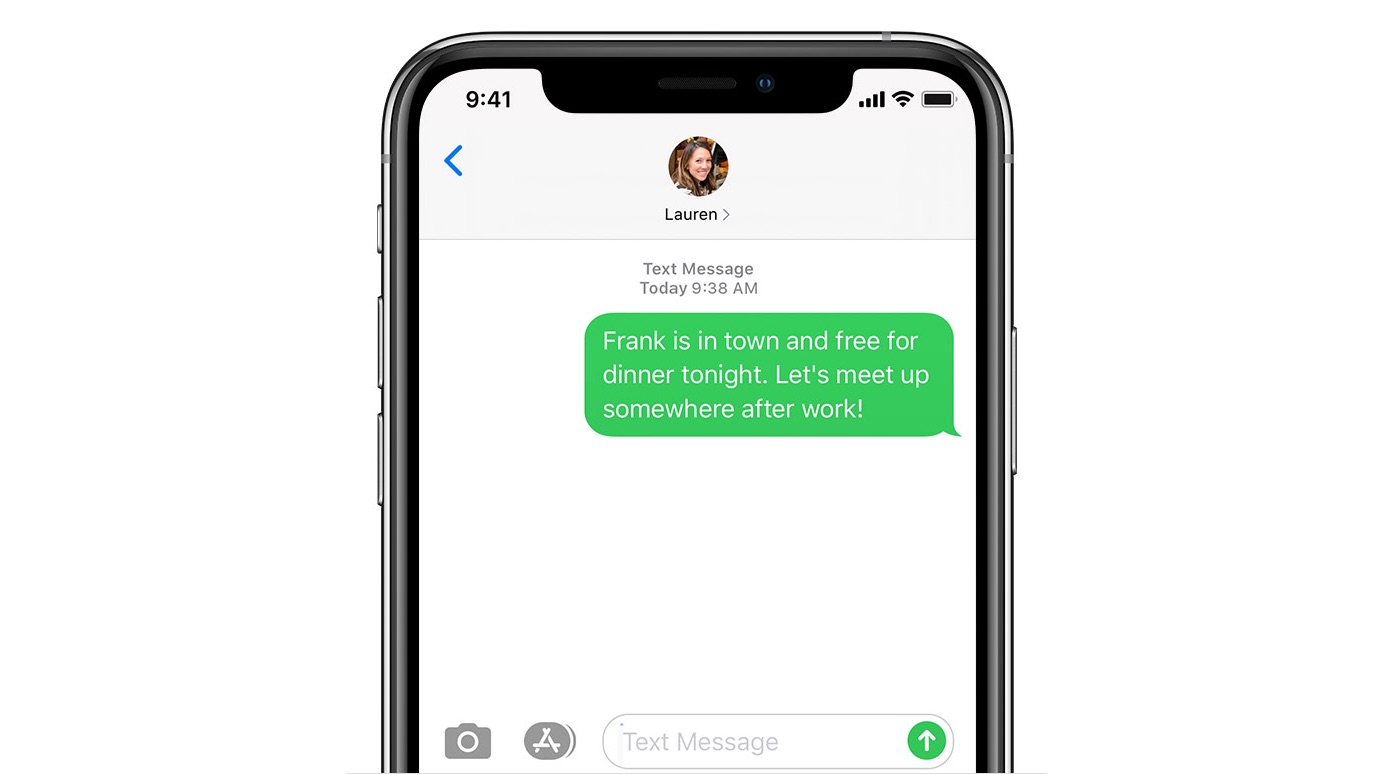
Major carriers in the U.S. like Verizon, T-Mobile, and AT&T have made a change to how SMS messages are routed to put a stop to a security vulnerability that allowed hackers to reroute texts, reports Motherboard.

Carriers introduced the change after a Motherboard investigation last week revealed how easy it is for hackers to reroute text messages and use the stolen information to break into social media accounts. The site paid a hacker $16 to reroute texts using the tools of a company called Sakari, which helps businesses with mass marketing.
Sakari offered a text rerouting tool from a company called Bandwidth, which was supplied by another company called NetNumber, resulting in a confusing network of companies contributing to a vulnerability that left SMS texts open to hackers (Motherboard has more information on the process in its original article). The hacker hired by Motherboard was able to access Sakari's tools without any authentication or consent from the rerouting target, successfully getting texts from Motherboard's test phone.
Sakari is meant to allow businesses to import their own phone number for sending mass texts, which means a business is able to add a phone number to send and receive texts through the Sakari platform. Hackers could abuse this tool by importing a phone number of a victim to get access to the person's text messages.
Aerialink, a communications company that helps route text messages, said today said that wireless carriers are no longer supporting SMS or MMS text enabling on wireless numbers, something that "affects all SMS providers in the mobile ecosystem." This will prevent the hack demonstrated by Motherboard last week from working.
It is not clear if this text rerouting method was widely used by hackers, but it was easier to pull off than other smartphone hacking methods like SIM swapping. A Security Research Labs researcher said that he had not seen it before, while another researcher said it was "absolutely" in use.
Article Link: U.S. Carriers Fix SMS Routing Vulnerability That Let Hackers Hijack Texts

